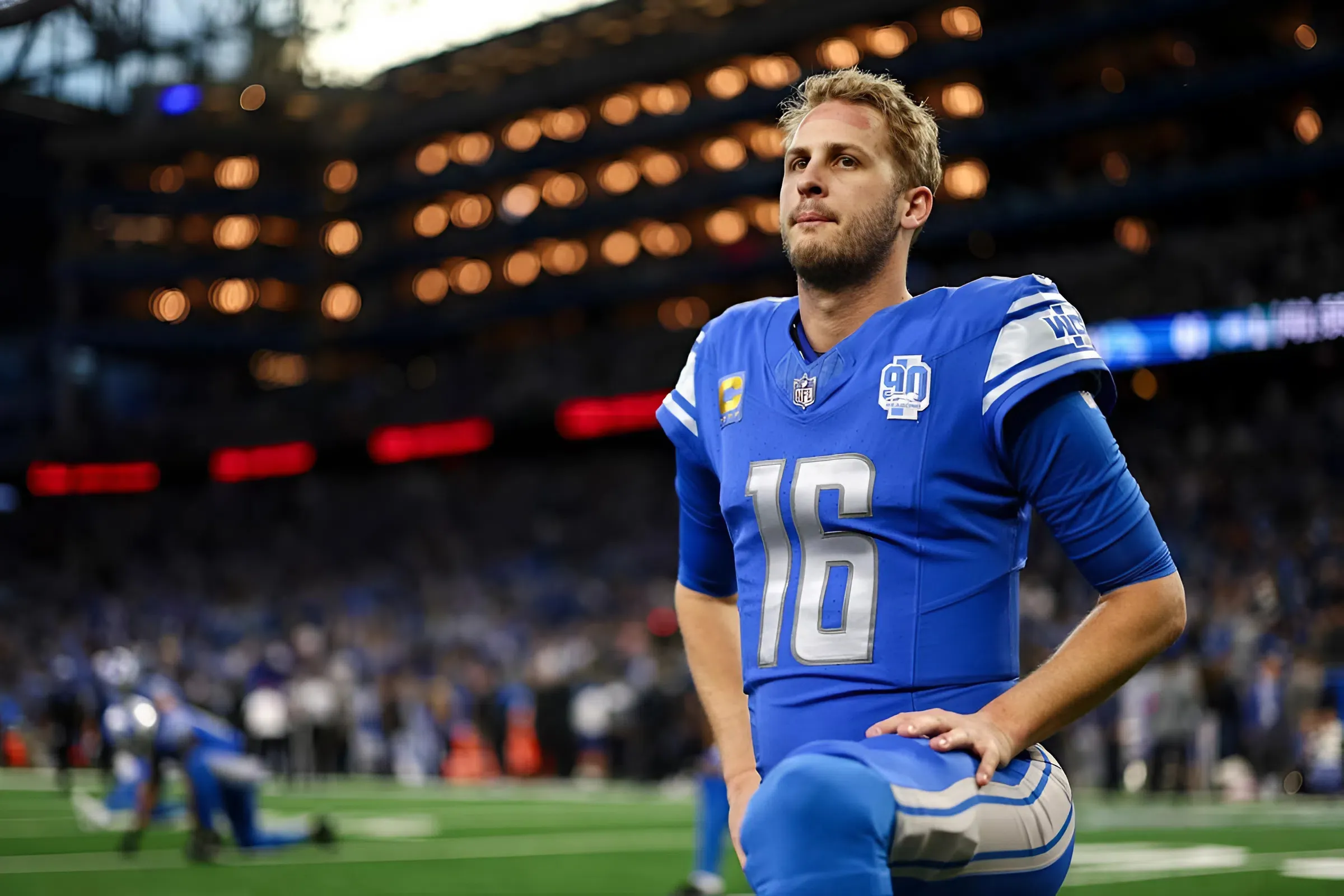Despite the final chapter of the Edmonton Oilers‘ season being written at the Stanley Cup Final, sources say the NHL plans to continue to examine Edmonton’s use of long-term injury (LTIR) salary cap relief with forward Evander Kane in the days and weeks ahead.
The NHL may require more information to satisfy itself that Oilers complied with the Collective Bargaining Agreement when Kane returned for the second game of Round 1 against the Los Angeles Kings after not appearing in a single game during the regular season.
The NHL is still deliberating on next steps. There is the potential for retroactive punishment if the league finds the spirit of the CBA was violated. No team in the salary cap era has been punished for LTIR usage, despite the hot button issue and no shortage of complaints in recent years.
So far, sources said the Oilers have complied with all the NHL’s requests for information and medical opinions, as is typical with any LTIR return scenario for the playoffs, which are scrutinized by the league. It remains unclear what exactly the NHL may have found issue with as they continue to examine the circumstances.
Kane, 33, underwent surgery last September to repair two torn hip adductor muscles, two hernias and two torn lower abdominal muscles. It was a significant procedure that on its own was projected to keep Kane out of the lineup until late March, beyond the March 7 trade deadline.
But then Kane underwent an additional surgery on Jan. 9 to remove a congenital tumor-like growth in his knee that further complicated his timeline to return. With the knee surgery, he was forced to pause his rehab from the groin surgery for a period of seven to eight weeks. He began practicing with the Oilers again in late February following the 4 Nations Face-Off break.
Kane was not cleared by doctors to play in Game 1 of the Stanley Cup playoffs against Los Angeles, returning two days later for Game 2. He chipped in with six goals and six assists for 12 points during Edmonton’s run, including one goal in the Stanley Cup Final. Kane was also whistled for 32 minutes of penalties in the Final and was tossed from the closing moments of the season by virtue of a 10-minute misconduct. He did not participate in the traditional congratulatory handshake line with the champion Florida Panthers.
Kane is entering the final season of a five-year, $20.5 million deal and is expected to be trade fodder this summer as the Oilers will seek salary cap flexibility. Any potential retroactive punishment by the NHL would loom large as every penny counts in Edmonton with extensions kicking in for Leon Draisaitl and likely Evan Bouchard.
The Oilers did not spend Kane’s LTIR money all season until receiving clarity from doctors in the final 24 hours leading up to the trade deadline that Kane would be unable to play until the postseason.
GM Stan Bowman could have used that space to match the St. Louis Blues’ offer sheets for Dylan Holloway and Philip Broberg last August, or to trade for their replacements. In fact, when Edmonton traded for Trent Frederic in a three-team deal on March 4, they paid for the New Jersey Devils and Boston Bruins to each retain half on Frederic’s deal, which would have allowed them enough cap space to still activate Kane in the regular season. It wasn’t until they announced the Kane would be unable to return and traded for defenseman Jake Walman that they used up the space created by Kane on LTIR.
Kane was far from alone league-wide to return from an LTIR injury in time for the playoffs. The Toronto Maple Leafs’ Max Pacioretty returned for Game 3 of the Leafs’ first-round series against the Ottawa Senators after being out since Feb. 8. And Colorado Avalanche captain Gabriel Landeskog returned for Game 3 of the Avs’ first-round matchup against the Dallas Stars after missing nearly three calendar years of action after an unprecedented knee procedure. Landeskog played games with the AHL’s Colorado Eagles in the penultimate week of the NHL regular season in his process to return, but they would not have had the requisite cap space to activate him during the regular season. Florida’s Matthew Tkachuk also returned for Game 1 of Florida’s second straight pursuit of Lord Stanley, but the Panthers actually had the cap room to activate him for the final regular season games as a result of Aaron Ekblad’s 20-game suspension for performance-enhancing drugs – and Tkachuk wasn’t cleared.
There has been a groundswell of support at the GM level in recent years for the league to tackle LTIR usage with players returning for the playoffs. Teams have alleged that opponents have purposely stashed players on their cap until the playoffs and then spent that relief money at the trade deadline, only for the stashed players to return in the postseason when there is no salary cap limitation. In fact, the topic remains on the table during current CBA negotiations between the NHL and NHL Players’ Association, with the idea of a ‘soft’ salary cap for the playoffs being discussed to potentially close the loophole.



